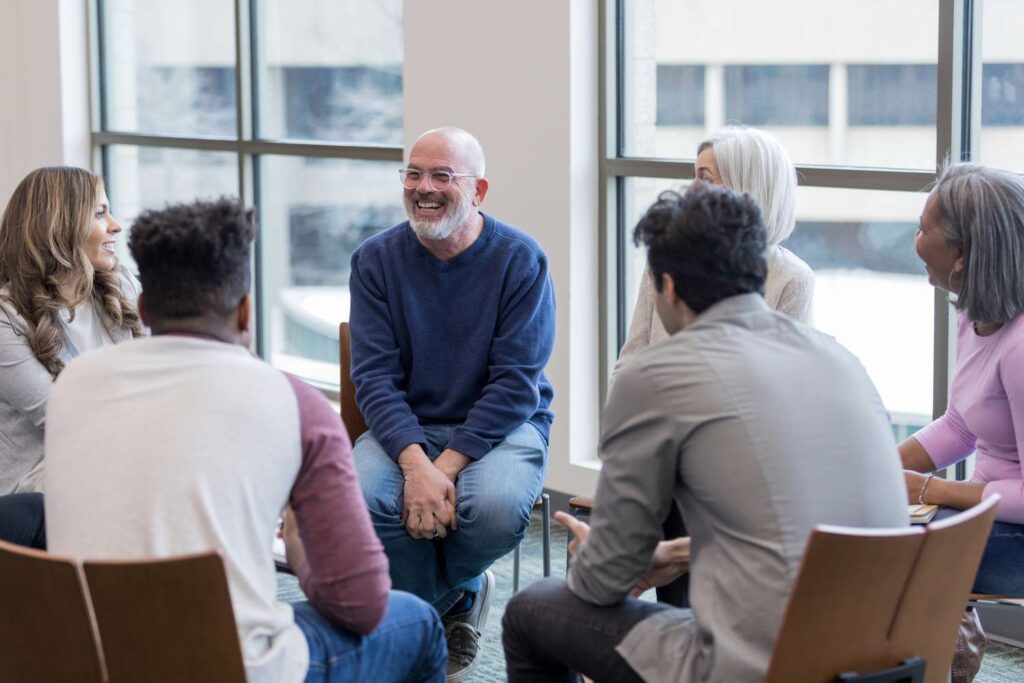Top 10 Counselling Courses in Jeddah, Saudi Arabia
1. Career Counseling
- A crucial component of counselling that focuses on assisting people in making knowledgeable decisions regarding their career routes and professional growth is career counselling.
- Looking into numerous hypotheses that explain how people choose careers and change throughout the course of their careers.
2. Group Counseling
- A skilled counsellor or therapist works with a group of people who are going through a similar situation or sharing the same objectives in group counselling, which is a type of psychotherapy.
- Recognising the roles that people play within groups, their developmental stages, and how groups operate.

3. Marriage and Family Counseling
- The goal of marriage and family counselling is to assist individuals, couples, and families in navigating the difficulties and relationship complexities.
- investigating important theoretical stances such family systems theory, structural theory, and narrative therapy.

4. Cross-Cultural Counseling
- Cross-cultural counselling is a subfield of counselling that is specifically concerned with comprehending and treating the special difficulties and dynamics that come up when working with people from different cultural backgrounds.
- Developing knowledge of one’s own cultural prejudices and the abilities to communicate effectively with clients from various ethnic origins.

5. Child and Adolescent Counseling
- The goal of child and adolescent counselling, a subspecialty of counselling, is to assist, mentor, and treat young people who are struggling with a range of emotional, behavioural, and developmental issues.
- Understanding the stages of early childhood through adolescence in terms of physical, cognitive, emotional, and social development.

6. Trauma Counseling
- A specialised area of counselling known as trauma counselling is dedicated to assisting those who have gone through terrible experiences or are struggling with the emotional fallout from trauma.
- Acquiring knowledge of how to deliver counselling within a trauma-informed framework that prioritises security, autonomy, and choice.

7. Counseling Ethics and Professional Issues
- Any counselling programme must include counselling ethics and professional issues to ensure that counsellors follow ethical guidelines and handle difficult circumstances with professionalism and integrity.
- Studying the core moral tenets that underpin counselling practise, frequently based on moral standards offered by professional counselling associations.

8. Multicultural Counseling
- Multicultural counselling is a subfield of counselling that is specifically concerned with comprehending and addressing the special requirements, difficulties, and experiences of clients from various cultural origins.
- Becoming conscious of one’s own cultural prejudices and learning how to work well with clients from various backgrounds.

10. Substance Abuse Counseling
- Helping people who are battling addiction and substance use difficulties is the focus of the specialised field of counselling known as substance abuse counselling.
- Investigating several theoretical stances that explain how addiction forms and persists.

10. Counseling Techniques and Skills
- Any counselling programme must include courses in counselling techniques and skills because they give future counsellors the practical knowledge they need to interact with clients and promote change.
- Building a helpful and open environment by learning to listen intently and with empathy to clients.

Click to rate this post!
[Total: 0 Average: 0]





